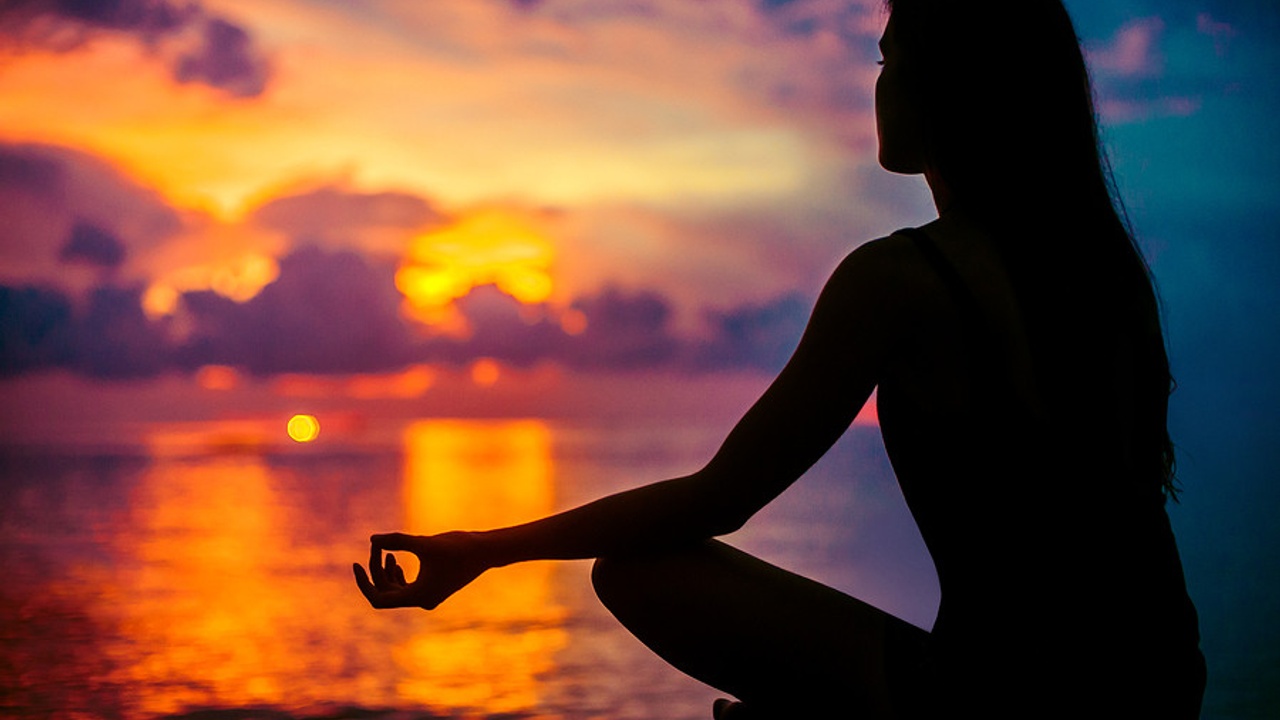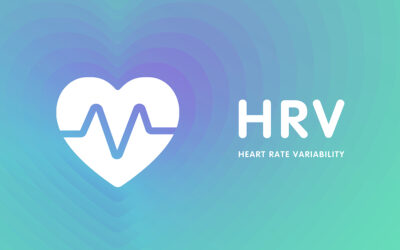If you’re like me, life can be overwhelming at times, to the point of paralysis. With so much to do, sometimes it is hard to figure out where to start and you have no motivation to do anything. Feeling like this recently, I listened to a review of the book “How to Calm Down – Even if You’re Absolutely, Totally Nuts” by Fred L. Miller. Connecting with the title especially the totally nuts part, and since the book is short, I made the investment and will share with you what I learned.
Being a quarter Irish and a Sagittarius, acting mellow and low-key is not my nature. When my mentor coach asked me to take 5 minutes to sit and breathe I protested vehemently explaining that I had no time for that! Now, over five years later I have found the time and can experience the benefits of a quiet calmness.
According to Miller, “the human mind is capable of 60,000 thoughts a day, and given free reign, more than 90 percent of them are the same ones you had the day before. Repeatedly reliving the past can keep you stuck in old worries, fears, and frustrations. Paying attention to what’s around you, on the other hand, will snap you back into what’s happening right now.”
If relaxation happens between thoughts, we need to find ways to clear our mind and be totally present. But How?
I have always found this serenity with sports – while flipping on the balance beam, racing my mountain bike at full speed, or leading a challenging rock climb. In these situations complete concentration is essential and mistakes carry high consequences. Being injured and not always having these outlets available has led me to expand my relaxation skills. I encourage you to do the same and try some of the following exercises.
In his book, Miller starts each of the short exercises with three deep breaths, each breath being deeper and longer than the last. This alone can create a more tranquil state in less than a minute. Since our minds do love to think the next step is to give it something to do. He suggests counting backwards from 15 with each deep breath or engaging in detailed visualizations using all the senses.
Creating a focus point is another relaxation technique. In this exercise you narrow your attention to one thing – the touch of an object, a scent, a sight, a sound, a taste, repeated words, or your breath. For me, centering on my breath in conjunction with performing easy movement works best.
Emptying our minds of the constant chatter into peacefulness can be difficult. The more we do it though, the easier it will become. Practice these short exercises whenever you’re feeling stressed and need to keep yourself from spinning out of control. Miller uses the analogy of the teakettle. We can, and need to let off steam regularly to keep the burden from building up inside us. Teakettles, however, don’t have this option and can only let out a high pitched scream when the pressure gets to be too much.



